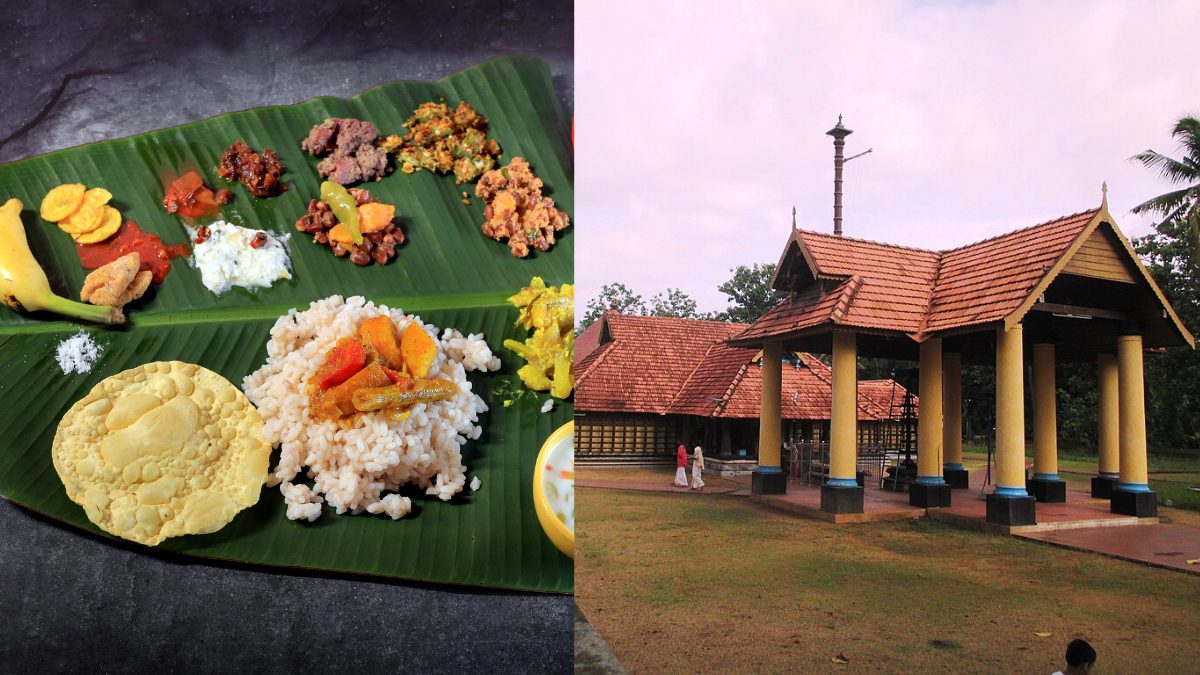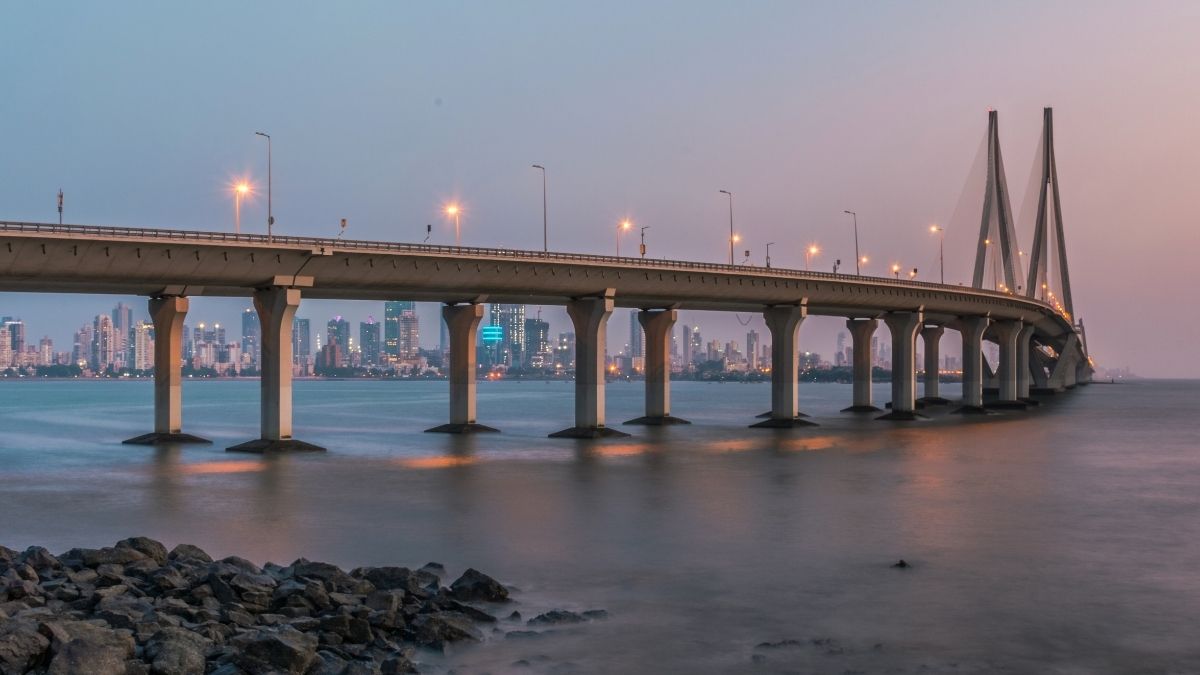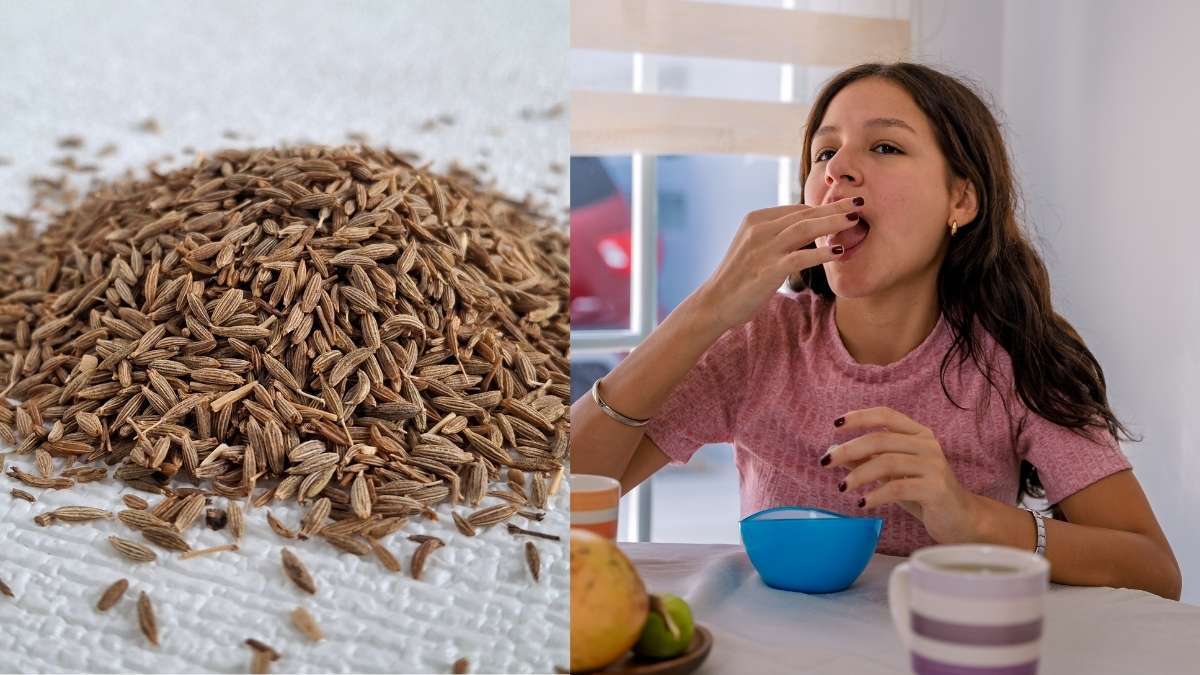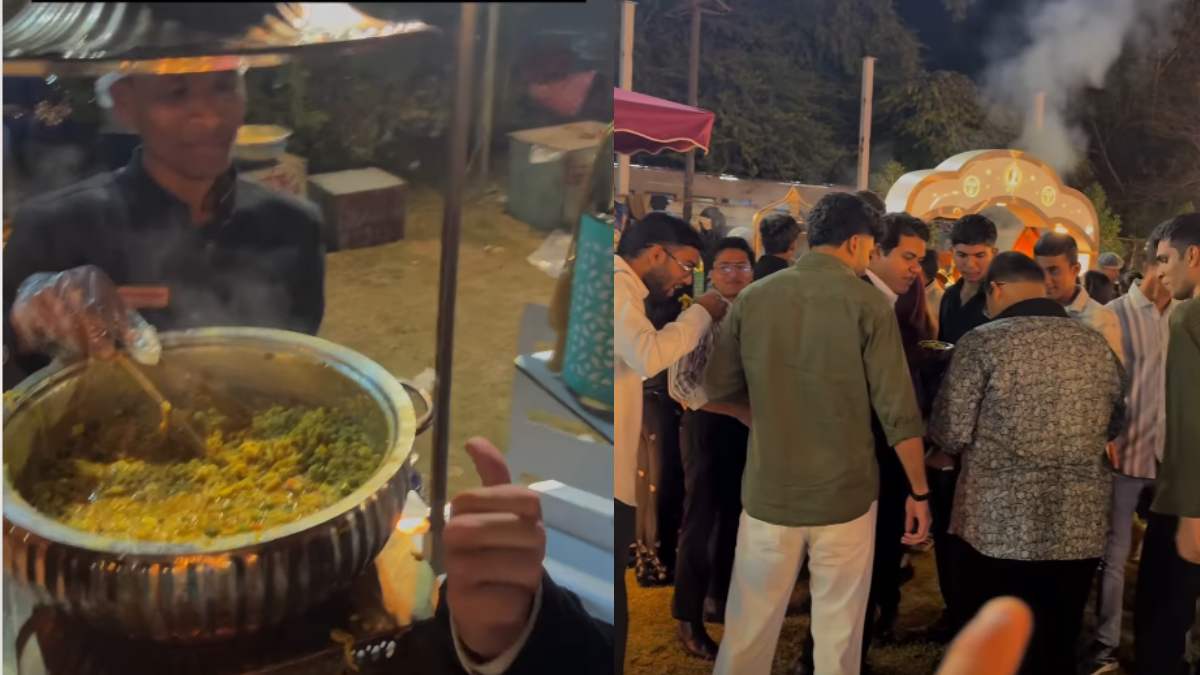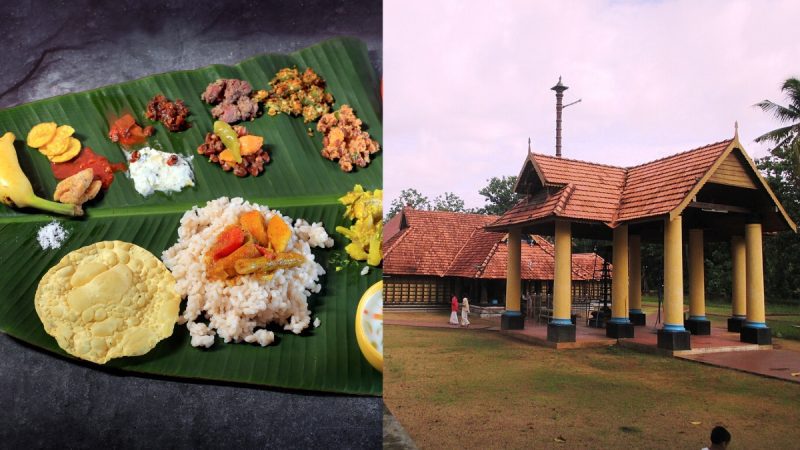Onam is a festival unlike any other, deeply rooted in history, mythology, and the rich cultural fabric of Kerala. The Onam Sadya, a grand feast, is not just a meal; it’s a celebration of tradition, community, and devotion that draws people from all walks of life to the heart of the festival’s origins at Thrikkakara Temple in Kochi.
The Historic And Cultural Significance Of Thrikkakara Temple
From Thrikkakara with 🙏🏼#1200 pic.twitter.com/Gysh2puzi2
— Sushil Menon 🇮🇳 (@sushil) August 17, 2024
The story of Onam begins with the ancient lore of King Mahabali and Lord Vishnu. Thrikkakara, a small town in Kochi, is believed to be the site where Vishnu, in his Vamana avatar, visited Mahabali, the benevolent demon king. According to legend, Vishnu visited Mahabali to banish him to the underworld but granted him the boon to visit his subjects once a year.
This visit is commemorated by the Onam festival, which is celebrated with great enthusiasm. Thrikkakara Temple is a significant landmark in Onam’s history. The temple occupies a sprawling 10 acres and is home to two sanctuaries: one dedicated to Vamanamoorthy and the other to Lord Shiva. The temple’s connection to Onam is profound.
It is believed that Cheraman Perumal, the emperor of Kulasekharam, hosted annual gatherings of local kings and chieftains during the festival season. Although the grand gatherings ceased due to political strife, the tradition of celebrating Onam with grandeur continued, becoming a widespread practice throughout Kerala.
The Thrikkakara Sadya, A Feast Like No Other
The mega kitchen at Thrikkakara temple, Kerala serves over 20000 devotees during #Onam. Also my humble Onam Sadya :) pic.twitter.com/UNgYebBJs8
— Edwina D’souza (@wannabemaven) September 15, 2016
Held at the Thrikkakara Temple, this feast is renowned for its diversity and abundance. The sadya consists of a variety of dishes, each meticulously prepared to honour the occasion. The spread typically includes:
- Parippu (dal curry)
- Sambar (a lentil-based vegetable stew)
- Erissery (a spicy pumpkin curry)
- Kalan (a yoghurt-based curry with vegetables)
- Avial (a mixed vegetable dish with coconut)
- Olan (a mild coconut and pumpkin stew)
- Pachadi (a yoghurt-based dish with vegetables)
- Kichadi (a spiced curd dish)
- Pickles and chips
- Ginger curry
- Palada Pradhaman (a sweet pudding made from rice and jaggery)
A unique feature of the Thrikkakara Sadya is the inclusion of Injithairu—a ginger curd dish considered as special as 108 curries, highlighting the festivity’s depth. The Onam celebrations at Thrikkakara Temple are marked by a series of vibrant and devotional activities.
The festival kicks off with the Athachamayam, a colourful procession featuring traditional music and dance. Over the next ten days, various rituals and rites are performed, including the Vamanachaarthu, where the deity is adorned in traditional attire, and the Pookalam, a floral arrangement made in front of homes and temples.
On Thiruvonam day, the Sadya is the centrepiece of the celebrations. The process includes rituals like Anayoottu (feeding of elephants) and Pakalpooram (a ceremonial procession with elephants). Here, people from various backgrounds come together to celebrate a shared cultural identity.
The Thrikkakara Sadya is a must-attend event for anyone seeking to appreciate Kerala’s heritage.
Cover Image Courtesy: Canva and Wikimedia Commons
For more such snackable content, interesting discoveries and the latest updates on food, travel and experiences in your city, download the Curly Tales App. Download HERE. First Published: September 06, 2024 1:09 PM
